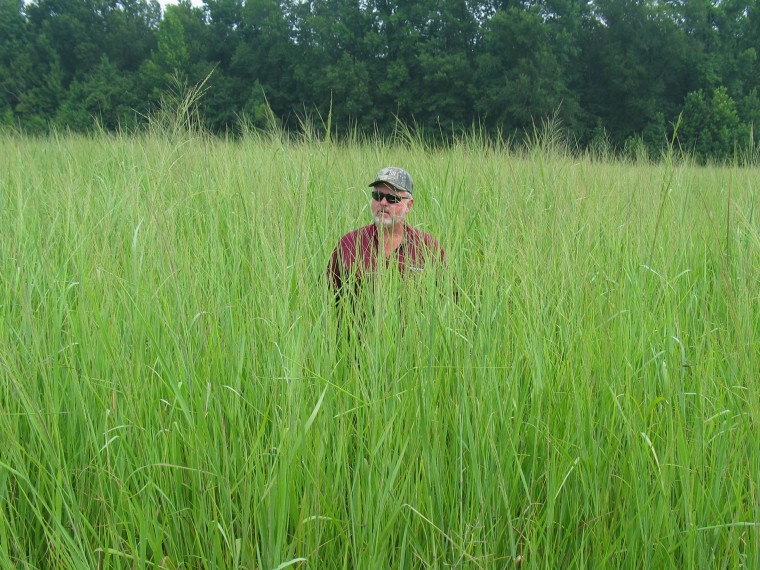Tennessee and industrial partner DuPont Co. broke ground Tuesday on a research refinery designed to turn corn cobs and switchgrass into ethanol and potentially elevate the Volunteer State into a major player in biofuels.
"When it comes to the production of clean energy and alternative fuels, (this) is an area where Tennessee can and should take the lead," Gov. Phil Bredesen said. "And today we are taking big steps forward toward that future."
The pilot project refinery in rural Vonore, in East Tennessee, is expected to be pumping out non-food-based ethanol by late 2009. It won't be the country's first alternative fuel factory. About a dozen are in some stage of development.
Yet Delaware-based DuPont and its Denmark-based partner Danisco see Tennessee's biofuels initiative as unique.
"Nowhere has a state put all the pieces together like Tennessee," said Joseph Skurla, president and chief executive of the DuPont-Danisco partnership. "Tennessee has leveraged its natural advantage into a foundation for the future."
State invests $70 million
Tennessee has committed $70 million to its switchgrass initiative, which has been informally tagged "Grassoline." That includes $40 million for the refinery and $30 million for research at the University of Tennessee into advances in growing, harvesting, storing and transporting the common prairie grass.
The state also is paying farmers to grow switchgrass. Sixteen farmers have 723 acres under cultivation around Vonore, with the first harvest coming in a few weeks.
One of those farmers, David Richesin, quit his dairy business last November and decided to plant switchgrass on 39 acres of pasture too rocky and steep for row crops like corn or soybeans.
"It is one of the most difficult (crops) to get established," he said, because the seeds are small and can easily be planted too deeply and the grass grows slowly and can become weed-infested.
But once established, it doesn't have to be planted again, is drought-tolerant and can grow in most locations.
"The idea of producing an alternative fuel source and reducing our dependence on foreign oil outweighs the challenges of producing switchgrass," Richesin said.
Another advantage: the nearby Oak Ridge National Laboratory is one of three Department of Energy national biofuels research centers, concentrating on switchgrass, poplar and other sorts of woody biomass fuels.
1.5 million potential acres
Tennessee estimates it has 1.5 million underutilized agricultural acres that could be used to grow switchgrass. State officials say it could become the "Saudi Arabia of Switchgrass."
"You know farmers don't hardly know what to expect, but I think they really feel that something good will come out of this," said Lacy Upchurch, president of the Tennessee Farm Bureau Federation.
Skurla would not say how much DuPont-Danisco are investing in the pilot refinery, which at its peak will produce about 250,000 gallons of ethanol, enough to determine whether the processes will work for a full-size refinery.
But the companies said they were committing $140 million to their joint venture when they announced the partnership in May, and that included funding for a pilot size refinery, a full-size corn cob-based refinery and a full-size switchgrass-based refinery. Skurla said the company will probably look to a Midwestern state and partners for a corn cob refinery, but will likely locate a switchgrass refinery in Tennessee to open by 2012.
"That just makes logical sense," Skurla said.
